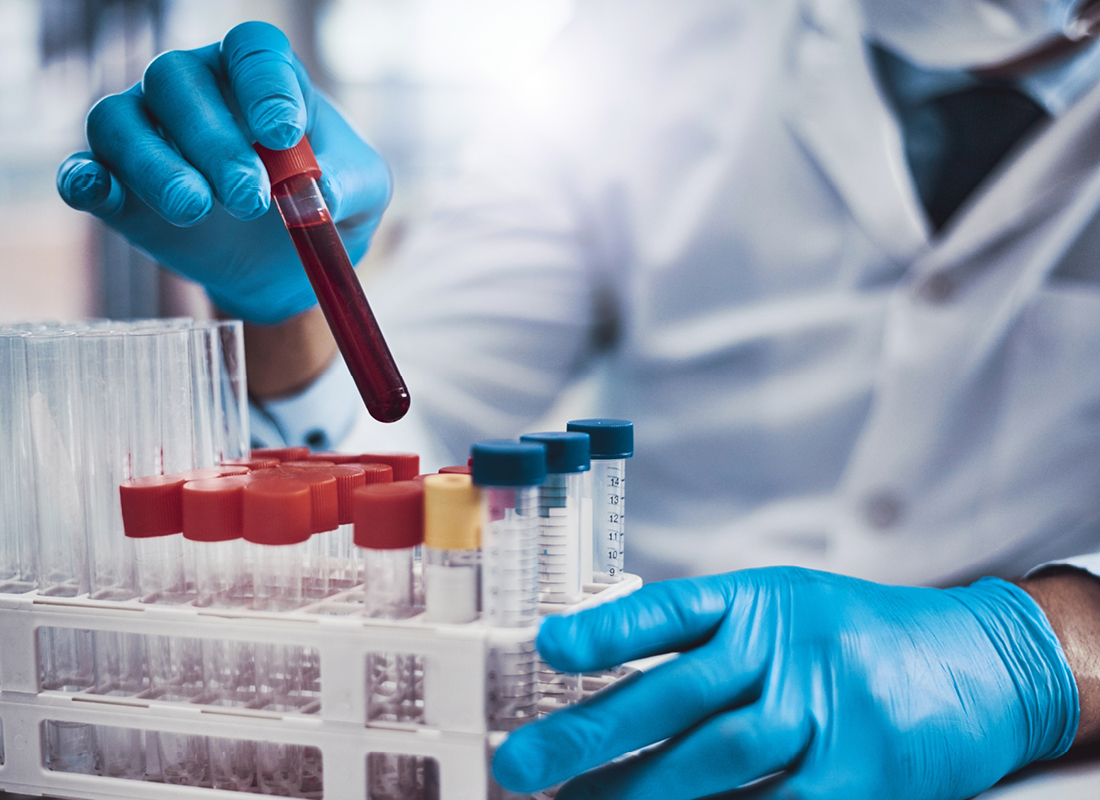Whole-Genome Sequencing Can Improve Blood Transfusion Matches
From - Diagnostic Testing & Emerging Technologies Antigen typing based on whole-genome sequencing (WGS) can enable more precise matching of blood transfusions, according to a study published online May 17 in… . . . read more

Antigen typing based on whole-genome sequencing (WGS) can enable more precise matching of blood transfusions, according to a study published online May 17 in The Lance Haematology. The authors say the 99 percent accuracy of their method, based on WGS and a validated computer algorithm, holds the potential to improve transfusion outcomes and transform the practice of transfusion medicine.
Most people know their A, B, AB and O (ABO) blood types, but there are more than 300 other red blood cell (RBC) antigens and 33 platelet antigens. Receiving a blood transfusion with non-matched antigens can trigger an immune response and lead to potentially deadly complications, particularly in patients needing multiple transfusions.
“Blood transfusion complications are common in patients needing chronic transfusion, but with current technology it is not cost effective to do blood typing for all antigens,” said lead study author William Lane, M.D., Ph.D., director of clinical laboratory informatics at Brigham and Women’s Hospital, in a statement. “But the algorithm we have developed can be applied to type everyone for all relevant blood groups at a low cost once sequencing is obtained.”
There are more than 11 million units of blood transfused annually in the United States, but today, most pre-transfusion compatibility testing for includes only ABO and Rh matching using serological methods. While extended antigen matching can improve transfusion safety, it is not currently the standard of practice, largely because serological methods are labor-intensive, costly, and reagent antibodies are not available for many clinically important blood-group antigens, the authors say. Even DNA array methods that use single nucleotide polymorphisms are unable to target all blood groups.
The researchers created a database of RBC and platelet antigen alleles based on published articles and developed an automated antigen-typing algorithm (bloodTyper) based on WGS. Development and initial validation of the algorithm was based on secondary analysis of 110 participants randomized to the WGS group of the MedSeq Project with sequencing (30 x depth) performed on the Illumina HiSeq 2000 platform (Illumina, San Diego, CA, USA). Performance of the algorithm was compared to conventional serology and SNP methods for typing of 38 RBC antigens in 12 blood-group systems and 22 human platelet antigens. bloodTyper was then further validated with WGS data from 200 INTERVAL trial participants (15 × depth) with serological comparisons.
The researchers found that the initial WGS typing algorithm was 99.5 percent concordant across the first 20 MedSeq genomes. Resolving the discordances led to development of an improved algorithm that was 99.8 percent concordant for the remaining 90 MedSeq genomes. Additional iteration led to the final algorithm, which was 99.2 percent concordant across the 200 INTERVAL genomes or 99.9 percent after adjusting for the lower depth of coverage.
“Our automated analytical software algorithm could be transformative in the implementation of population-level RBC and platelet antigen typing,” write Lane and colleagues. “The ability to test large populations of donors and recipients for clinically important antigens that do not have serological reagents could greatly reduce transfusion-related morbidity and mortality. As whole-genome sequencing becomes more common in clinical practice, secondary analysis of existing data could allow inexpensive, comprehensive blood-group typing to become part of donor and patient medical records.
Takeaway: This novel WGS-based approach can improve the standard of practice for transfusion medicine, potentially improving blood matches and patient outcomes.
Subscribe to Clinical Diagnostics Insider to view
Start a Free Trial for immediate access to this article